Funding agency revamps strategy for mental health research
The National Institute of Mental Health is overhauling its funding strategy to emphasize the translation of advances in genomics and information technology into therapies.
From funding decisions to scientific fraud, a wide range of societal factors shape autism research.
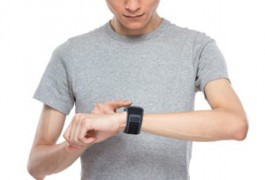
The National Institute of Mental Health is overhauling its funding strategy to emphasize the translation of advances in genomics and information technology into therapies.
A biotech breakthrough sparks a high-stakes patent war, and two new films follow people with autism looking for love.
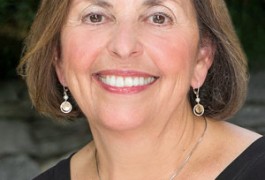
Watch the complete replay of Helen Tager-Flusberg’s webinar discussing what language differences in autism reveal about the disorder’s biology.

Apple’s new tool for creating apps to aid medical research may provide autism researchers with easy access to vast numbers of study participants — and data.
A boy with autism maps the world from memory, and would-be profs are trapped in perpetual postdocs.
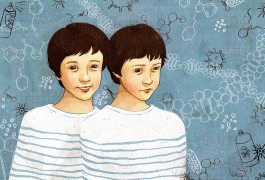
The genetic makeup of an individual plays much a bigger role than environmental factors in whether he or she develops autism, according to one of the largest twin studies to date.
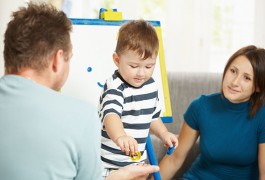
A 20-minute test enlists parents in gauging a toddler’s social development by showing them a video of how a typically developing child acts.

With the help of Korean mothers, doctors and teachers, researchers have created a culturally appropriate translation of an information kit on autism.
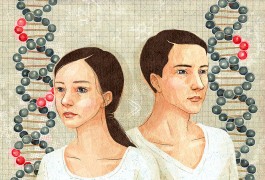
Looking in families with a history of severe autism among women, researchers have unearthed 18 new candidate genes for the disorder. One of these genes, delta-catenin, plays a critical role in brain development, researchers reported yesterday in Nature.
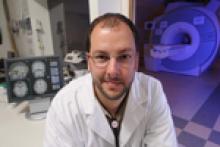
Watch the complete replay of Randy Buckner’s webinar discussing ‘daydreaming’ brain circuitry and what it might reveal about autism.